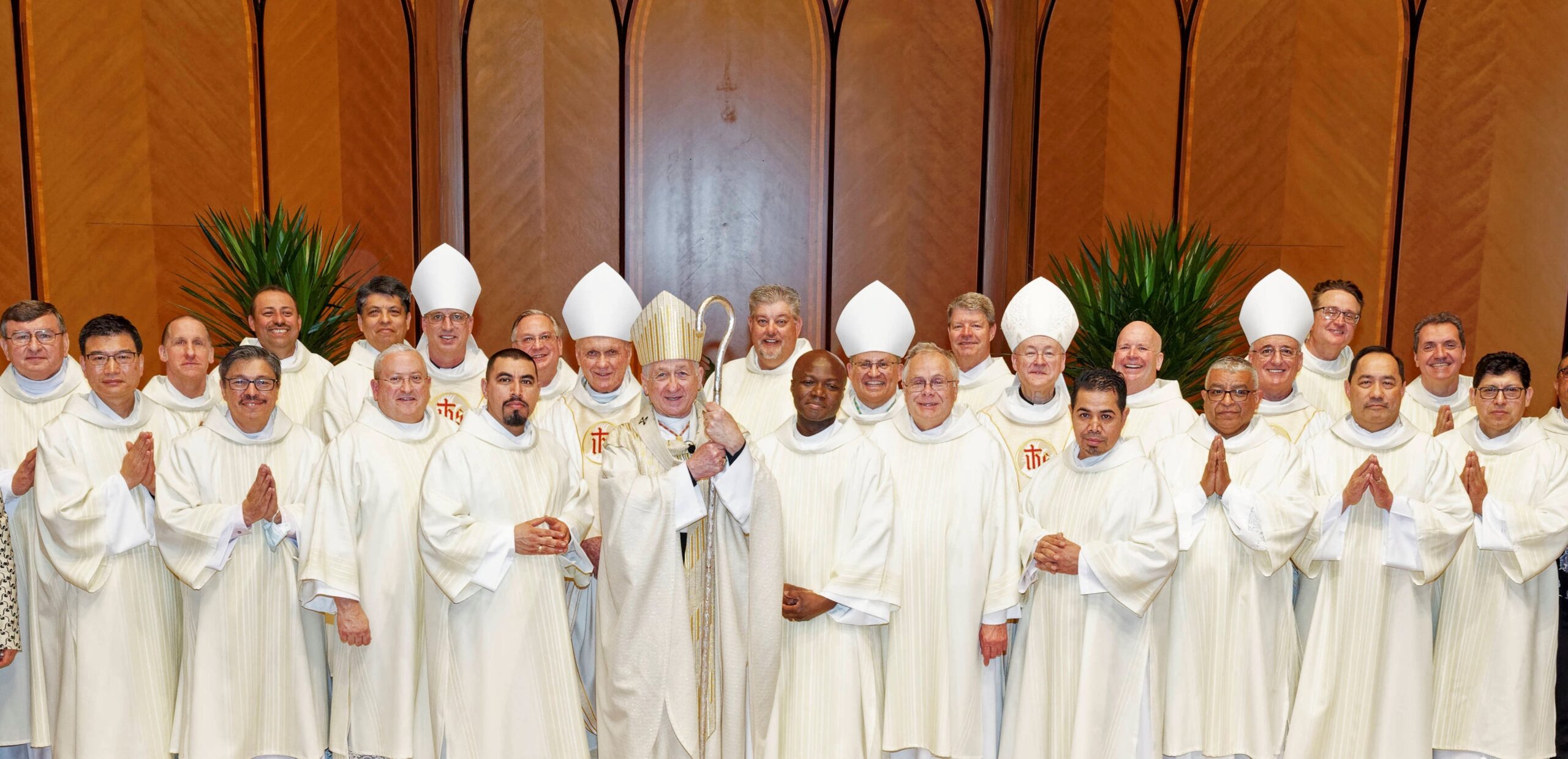

Role of Wives
The responsibility for preparing to make an informed decision about her husband’s entrance into the Deacon Formation Program and possible ordination, rests with the wife of an aspirant or candidate. Indeed, the Program requires written informed consent from wives five times throughout the formation process (at the application stage, movement to the candidate stage, institutions of reader and acolyte, and prior to ordination).
Deacon Formation Program also provides wives with the necessary tools for developing their informed consent regarding the support of their husbands’ participation in the program, as well as for personal spiritual growth and intellectual enrichment. The National Directory states that “The Aspirant Stage also must enable formation personnel to create an environment in which the wife of a married aspirant can give her consent to his continuation, and more essentially, to ascertain her compatibility with her husband’s diaconal vocation and eventual ministry” (194).
The National Directory emphasizes that “Individuals do not enter into formation alone. Those who participate in diaconal formation come with their families. They come as members of a family known as the ‘domestic Church’ where life is shared and nurtured. They come from that primary community … that can expand their love and deepen their faith. They come with their experiences of faith, and personal life” (146).
It further states: “Although the fact the wife of a married aspirant is not seeking ordination is clearly understood, nevertheless, the marriage and family are involved in the discernment of his diaconal vocation.”
The aspirant or candidate and his wife need to realistically assess how her own life, possible Church ministry, and family are affected and integrated. The enrichment and deepening of reciprocal and sacrificial love between husband and wife constitutes perhaps the most meaningful way the wife of the aspirant or candidate is involved in the discernment of her husband’s vocation” (200).
The Vatican’s Basic Norms for the Formation of Permanent Deacons states this concept more directly: “… Moreover, in addition to stability of family life, married candidates cannot be admitted unless their wives not only consent, but also have the Christian moral character and attributes which will neither hinder their husband’s ministry nor be out of keeping with it” (37).
